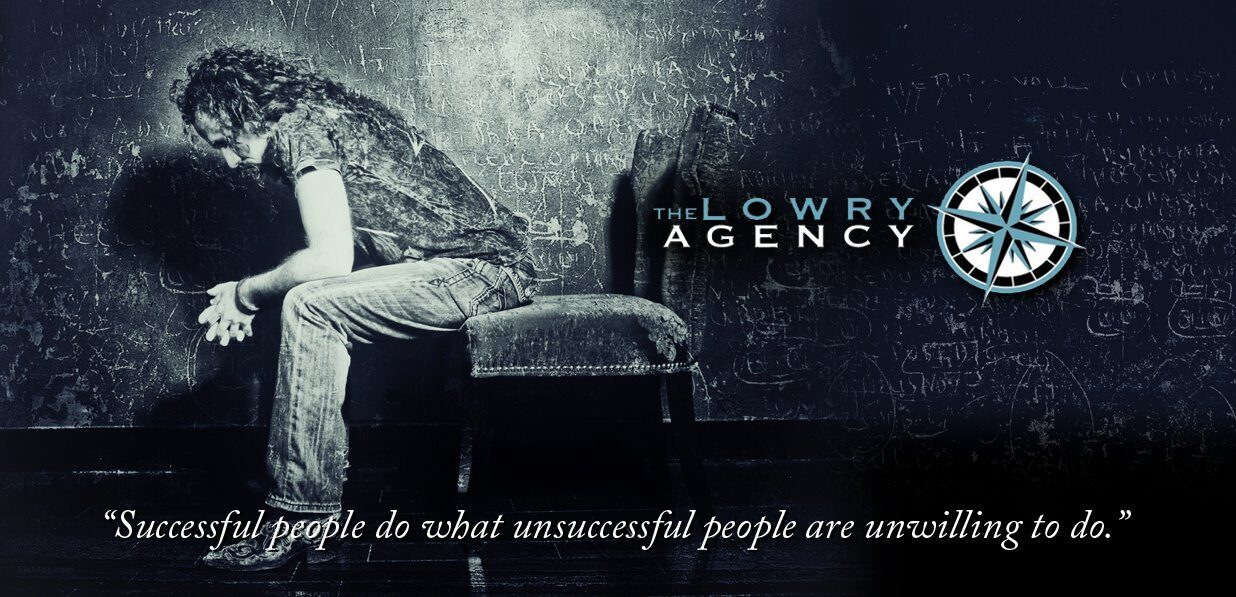In the first blog I wrote on this subject http://wp.me/pu8Se-E, I commented on some of the basic requirements that bands should have before approaching management for help with their career. So that the artist or band knows what to have in place before approaching a manager, let’s dig a little deeper into what a manager is looking for in a band before he is willing to take them on.
First and foremost, an artist or band does not ever really need a manager if they are not gigging consistently for pay. The manager has to have something to work with and if the artist or band isn’t running a business, there is nothing to manage. An artist has to put in the work, sweat, blood and tears sometimes for years before approaching management. That probably means doing all the work first by yourself or hopefully with some help if you can find it.. A manager doesn’t want to manage an artist or band that isn’t willing to bust their butt as hard as the artist or band is expecting the manager to bust it for them.
The role of an Artist Manager is a more than full time job and it requires the same ability to deal with rejection, frustration and being overwhelmed as the artist or band deals with but on a much bigger level. A manager should add structure and stability to the current situation, but doing management takes a lot of work and the artist or band needs to have proven ahead of time that they have what it takes to make it in the business at least with work ethic.
An artist or band doesn’t get the excuse about how overwhelmed they are with personal life, health, work or anything else because the manager they chose doesn’t either. Everyone expects the world from their manager and very rarely has the money or wants to pay for the help and the unbelievable amount of work it takes to launch a career and keep it going. If the artist can’t put the appropriate amount of time and hard work into their career in the beginning — such as booking their own shows, researching appropriately who they need to contact, what are the proper steps of submissions, having a consistent image that is original, a good sized fan base and this does not mean less that 25,000 fans at least, a branding campaign and a good understanding of social media — then the manager has nothing to work with to get them to the next level. This also shows the manager that this particular artist or band isn’t willing to do what it takes in most cases.
There is so much information out there for an artist or band to read and learn about the business that there really is no excuse to not know the basics anymore. Assuming that a person really wants to make a career of this, then they will do all the research it takes just like any other business owner has to do to be successful.
The manager has to take this artist or band and sell it the labels, booking agents, publicists and anyone else that is needed to make their career happen. The manager should have something to start with that might need to be refined, smoothed over and sometimes even rebranded, but at least the manager gets a good feel for what the artist is capable of and how hard they worked to get there. Often this will require a good amount of time and money that the artist has to be willing to put in to launch their career, but there is really no other way around it. The artist should expect to work as hard as they need to, to make this happen for themselves especially since they expect their manager too.
In the beginning an artist or band might need to pay for hourly consultation instead of full-time management. This is something they can do with a manager who offers these consultation services and it can greatly help an artist or band develop a road map or direction for their career. They can work on it at their pace and have more consultations when the goals laid out have been reached. It is highly recommended that a band do this to help avoid a lot of the pitfalls of the music business and it can put them on a “fast track” to launch their career.
Another important thing to remember is that the manager has to do the very same thing for their own business. While they are managing everyone elses careers and businesses, they also have to do the exact same for themselves. It takes just as much planning, branding, design, phone calls, etc., for a manager to build his own business in order to be effective for his clients. If he can juggle all these responsibilities, it is fair that he expects any new prospective clients to have been actively working their careers with the same amount of work ethic.
Take the time to time to really look at your careers and work towards your goals. When you have achieved those, then approach management appropriate with the proper cover letter and press kit.
Good Luck!
